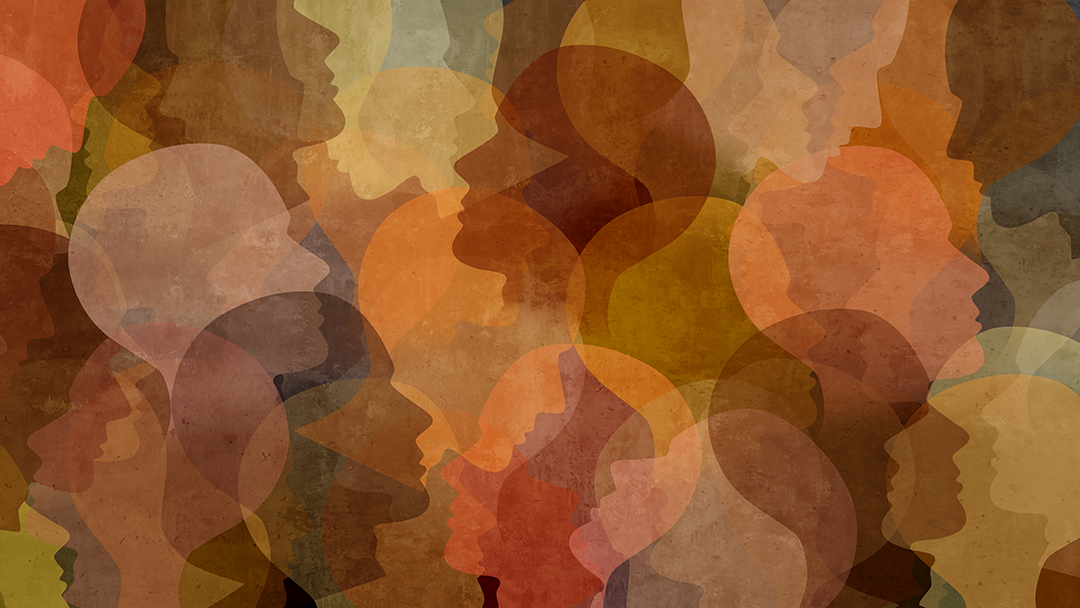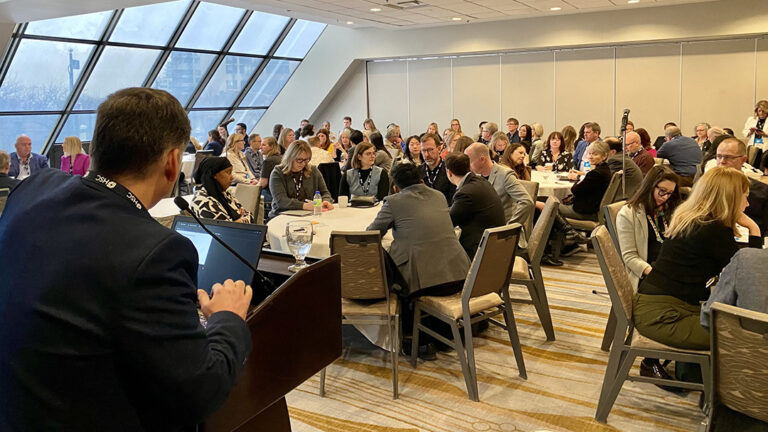For several years now, the housing crisis has been worsening across Canada. While this crisis affects all Canadians, we must recognize that racialized people are more severely affected.
The International Day for the Elimination of Racial Discrimination is an opportunity for the Community Housing Transformation Centre to highlight the inextricable link between issues of housing and social inequality. Our mission is to strengthen social inclusion and to dismantle the exclusionary practices experienced by racialized people.
The scale of the housing problem for racialized people
A Statistics Canada report based on the 2016 and 2021 censuses reveals that in 2021, 11.3% of racialized Canadians were living in core housing need. Living in housing that is of poor quality, too small, and sometimes unsanitary, and for which they spend more than 30% of their pre-tax income, makes these individuals more vulnerable. This has a direct impact on their health, financial status and their access to their right to equality.
West Asian, Korean and Arab populations are overrepresented among those in core housing need. Yet the overall proportion of racialized Canadians in core housing need is declining.
Challenges for racialized people seeking housing
Organizations working in the community housing sector receive many reports from racialized people who are struggling to find adequate housing. Yet it is rare to hear their voices publicly because they fear retaliation from their landlords. The situation is even more complex for immigrants seeking housing.
Their requests are often ignored, or landlords claim that the units are already rented. Not having a sufficient credit history is often used as an excuse by landlords to impose additional criteria. Many are asked to pay six months’ rent in advance, which is a violation of tenants’ rights. This creates a lot of anxiety and frustration.
Housing and discrimination
A recent discrimination audit report by the Canadian Centre for Housing Rights (CCHR) in the Toronto area shows that even when housing is available, barriers to accessing it are made worse by the discriminatory treatment of racialized newcomers. Discrimination based on ethnicity is combined with other discrimination based on other factors such as gender and family status.
More than a quarter (26%) of Black single parents in Toronto have experienced discrimination when trying to find housing, according to CCHR’s 2009 report on discrimination in Toronto’s rental market, a study that remains one of the most-cited resources on the subject. The new data suggest that discrimination is 267% greater when callers to the housing market have a racialized accent, and 563% greater among racialized immigrant women who report having children compared to those who do not provide information about their parental status (Sorry it’s rented: Measuring discrimination against newcomers in Toronto’s rental housing market, 2022). It is therefore essential to reiterate that the factors of discrimination add up and make the search for housing more complicated for racialized people.
Hope and solutions: social inclusion is in the DNA of community housing
The good news is that the percentage of racialized people living in core housing need decreased by 6.5 percentage points compared to the 2016 census (Statistics Canada). The temporary pandemic income supports certainly helped make a difference, and the National Housing Strategy of 2017 promises to accelerate this through investments in community-based housing.
However, we have a long way to go and there is still a tremendous amount of work to be done to ensure equity in housing across the country.
We believe that community housing is an excellent way to break down these persistent mechanisms of discrimination. Social inclusion is in the DNA of community housing, and one of its purposes is to accommodate the excluded. It also creates a context and a support structure that allows its residents affected by exclusion and discrimination to regain their footing.
The simple fact of not being subject to arbitrary decisions, undue financial pressures and multiple daily frustrations that generate social disaffiliation, often acts as a steppingstone that allows individuals to improve their health, as well as their social and professional situation, well beyond simple housing issues in the strict sense.
The Centre believes that this role can be enhanced by engaging all stakeholders in our sector. Our ambition is to increase the community’s share of the rental market from the current 5% to 10%, and then to 20%.
Taking action to fulfill a fundamental right
The Charter of Rights and Freedoms attached to the Canadian Constitution guarantees the right to equality, which includes freedom from discrimination based on race.
The housing sector, particularly in the current context of scarcity, is a place of discrimination. Collectively, we need to find structural solutions to address racial inequalities, and community-based housing offers hope. Organizations working in community housing share a vision of safe, dignified and affordable housing for all. It is up to all of us, together, to make this vision a reality.
We invite you to get involved and make a difference
If you are from a Black community, find out about the activities of the Black Community Housing Technical Resource Centre which aims to find solutions for a better access to housing for Black people.



